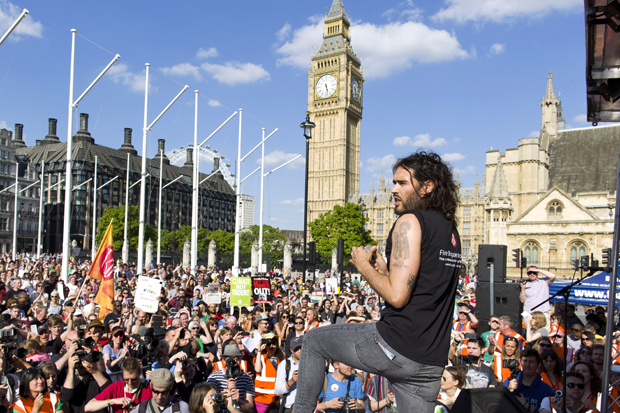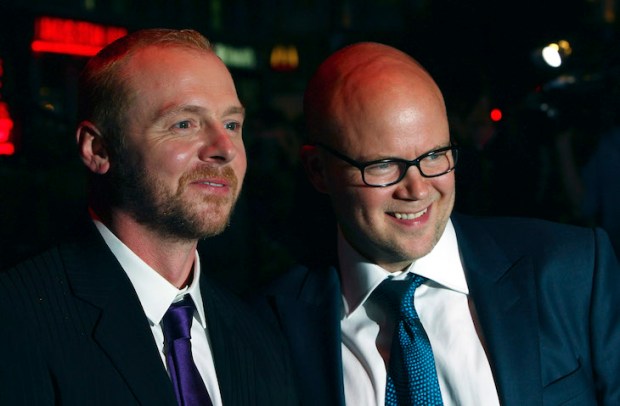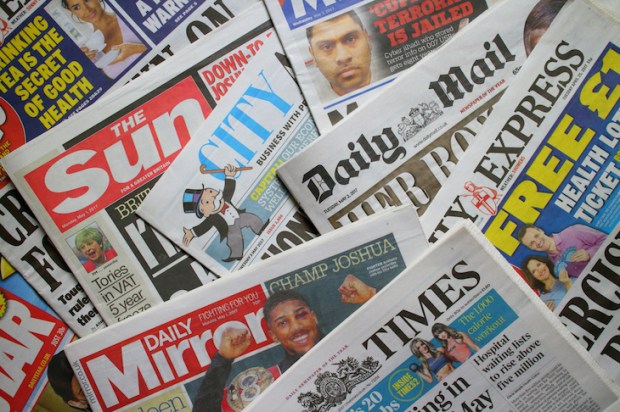I’m often asked by other free school proposers what lessons I’ve learnt over the past five years. Any pearls of wisdom I can pass on so they don’t make the same mistakes?
My standard response is to reel off a checklist of things I would have done differently if I’d known then what I know now. To take just one example, we probably wouldn’t have introduced a ‘no packed lunch’ rule if we’d known that we’d have to provide all our four-to-seven-year-olds with free school meals. But the biggest lesson is one I daren’t share, which is that trying to give children a better education than the neighbouring local authority schools, with no additional funding, is really, really difficult.
When I embarked on this crusade, I thought I’d just be able to sweep in, create a blueprint based on a traditional model, and sweep out again. Opposition from the teaching unions, left-wing activists and the local authority? No problem — just bulldoze through. Keeping all the different stakeholders on side? A simple matter of being a good communicator. Dealing with contractors, planning consultants, environmental health officers, technical advisers and party-wall surveyors? To be honest, I wasn’t aware I’d have to do any of that, but if someone had pointed it out I would have taken it in my stride. I assumed that my goodness of heart and will of iron would be enough to overcome any obstacles.
In short, I suffered from the same naivety as most critics of the status quo — and when I hear people like Russell Brand and Nigel Farage railing against the political class, I recognise myself from five years ago. I’m not saying the Westminster elite is beyond criticism. But I suspect that, like me, these populist firebrands are underestimating the complexity of the challenges faced by those in power.
As a general rule, you can’t bring about system-wide improvements just by being determined and having the right motives. If someone is standing in your way, it’s not realistic to expect them to bend to your will. You have to sit down with them, work out what their concerns are and see what you can do to address them. Ninety-nine times out of a hundred, you have to make a deal — and that can take a bloody long time, particularly if lawyers are involved.
To the angry outsider, this probably sounds like a rationalisation. One of the most common complaints about political leaders is that they lack conviction. The deals they make are invariably ‘sleazy’ or ‘shoddy’ because they involve sacrificing their principles, something they’re willing to do because their primary interest is to remain in power. But what these critics fail to appreciate is that politicians wouldn’t be able to do much in office if they weren’t willing to compromise. Politics is the art of the possible and what looks like cynicism to outsiders is often just realism to insiders.
What about Margaret Thatcher? She was a conviction politician, the purists reply, and yet she managed to bring about seismic change. Indeed, it’s precisely because she was unwilling to make any U-turns that she achieved so much.
There are two things to say about this.
First, it’s not true that she never compromised. She was ideologically opposed to nearly every aspect of the post-war settlement, but she left large parts of it intact — such as socialised medicine, taxpayer-funded schools and the welfare system. Her priorities were bringing down inflation, privatising state-owned industries and curbing the unions, and she focused on them. Yes, she succeeded in keeping Britain out of the single currency, but did nothing to extract us from the EU. By picking her battles, she managed to win three general elections on the trot and it was only when she over-reached, with the poll tax, that she came a cropper.
Second, in 1979 Britain was a basket case and during periods of national crisis democratic leaders are given much more leeway to railroad their reforms through. But it would be wrong to expect politicians to be equally wilful and unbending during more stable periods. When the fate of the nation isn’t at stake, their room for manoeuvre is much more limited.
For the most part, politics is boring and unglamorous and involves an endless series of meetings with men in suits, just like managing schools. The trick is to adjust to this quotidian reality without losing the fire in your belly. If you can do that, Mr Brand and Mr Farage, you can change the world.
Got something to add? Join the discussion and comment below.
Get 10 issues for just $10
Subscribe to The Spectator Australia today for the next 10 magazine issues, plus full online access, for just $10.
Toby Young is associate editor of The Spectator.
You might disagree with half of it, but you’ll enjoy reading all of it. Try your first month for free, then just $2 a week for the remainder of your first year.















Comments
Don't miss out
Join the conversation with other Spectator Australia readers. Subscribe to leave a comment.
SUBSCRIBEAlready a subscriber? Log in